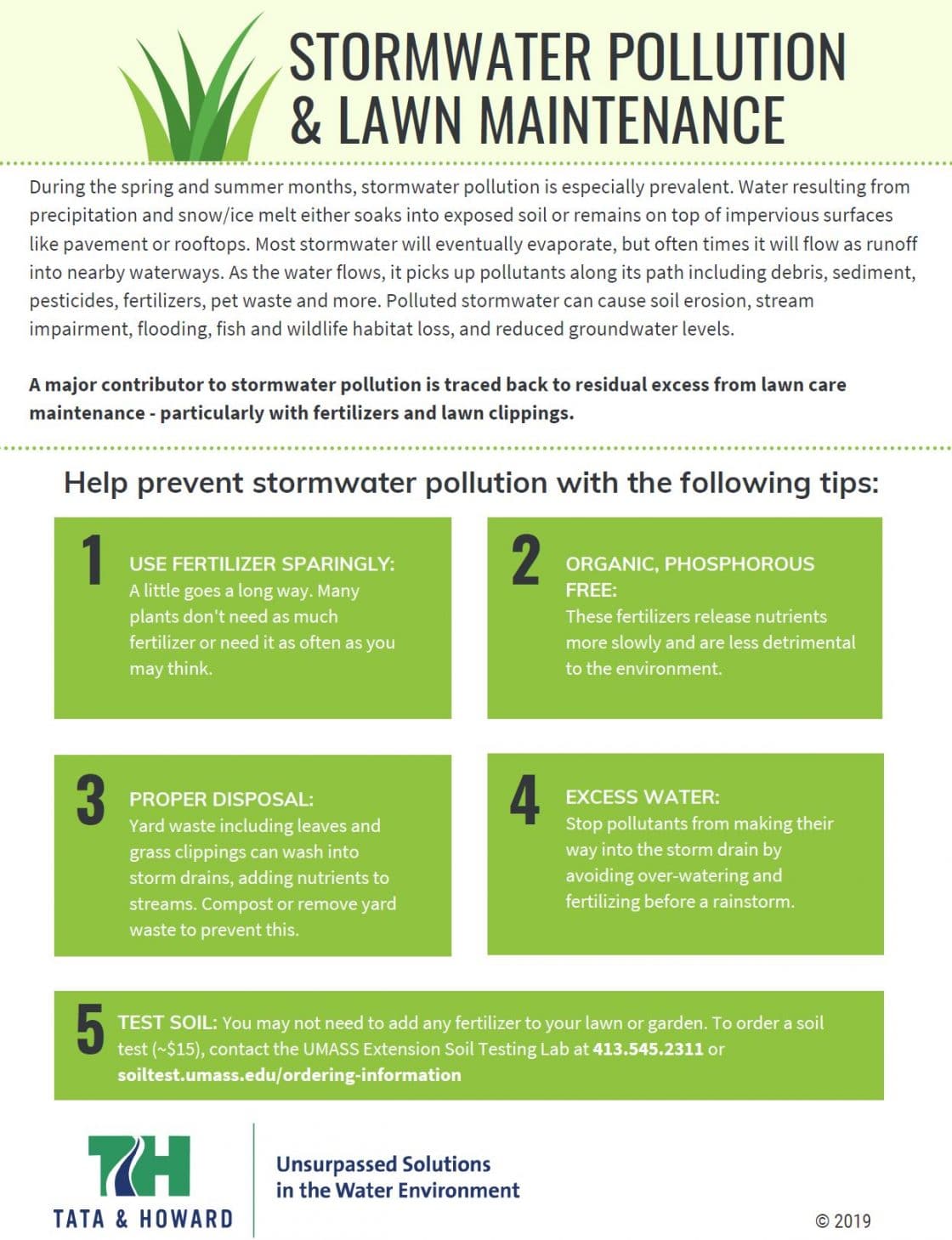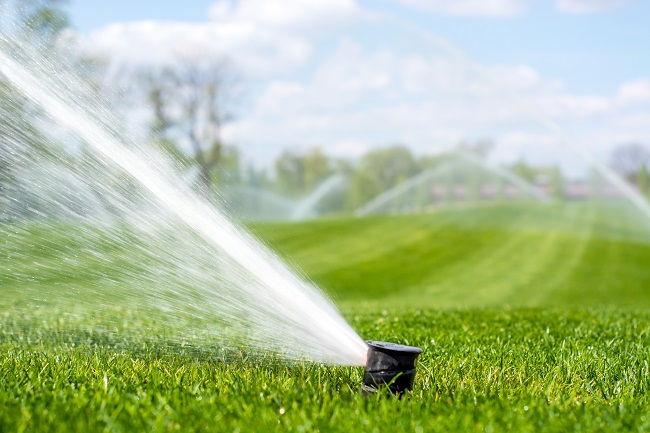Taking care of a lawn can use a lot of water. But there are ways to save water while keeping your lawn green. Here are some tips to help you reduce water usage in lawn care.
Water Early in the Morning
Watering in the morning is best. The air is cooler, and the water can soak into the soil. This helps the grass roots grow deep and strong. Watering in the evening can lead to fungus growth.
Use a Rain Gauge
A rain gauge measures how much rain your lawn gets. If it rains enough, you do not need to water. This helps save water and keeps your lawn healthy.
Choose the Right Grass
Some grasses need less water. Choose grass types that are good for your area. Drought-resistant grasses are a great choice. They need less water to stay green.
Install a Smart Sprinkler System
Smart sprinkler systems can save water. They adjust watering based on the weather. Some systems have sensors to measure soil moisture. This ensures your lawn gets just the right amount of water.
Use Mulch
Mulch helps keep the soil moist. It reduces the need for watering. Spread a layer of mulch around plants and trees. This also helps keep weeds away.
Check for Leaks
Leaky hoses and sprinklers waste water. Check your watering system for leaks. Fix any leaks you find to save water.

Credit: tataandhoward.com
Mow High
Set your lawn mower to a higher setting. Longer grass shades the soil. This helps keep moisture in the soil. It also helps the grass grow stronger roots.
Use a Rain Barrel
A rain barrel collects rainwater. You can use this water for your lawn and garden. It is a great way to save water and reduce your water bill.
Aerate Your Lawn
Aerating your lawn helps water reach the roots. It makes small holes in the soil. This allows water, air, and nutrients to reach the grass roots. Aerate your lawn once or twice a year.
Group Plants with Similar Water Needs
Planting similar plants together can save water. Some plants need more water than others. Group plants with similar water needs to make watering easier.
Use Native Plants
Native plants are adapted to your local climate. They need less water and care. Using native plants in your lawn can help reduce water usage.
Install Drip Irrigation
Drip irrigation systems deliver water directly to the roots. This reduces water waste. It is a more efficient way to water your lawn and garden.
Water Deeply but Less Often
Watering deeply helps grass roots grow deep. This makes the grass more drought-resistant. Water your lawn deeply but less often for the best results.
Use a Timer
Timers can help control your watering schedule. Set a timer to water your lawn for a set amount of time. This helps prevent overwatering and saves water.

Credit: metrolawncare.com
Reduce Lawn Size
Reducing the size of your lawn can save water. Replace some grass with drought-resistant plants or ground cover. This reduces the amount of water needed for your lawn.
Frequently Asked Questions
How Can I Water My Lawn Efficiently?
Use a drip irrigation system to minimize water waste and ensure even distribution.
What Is The Best Time To Water Lawns?
Water early in the morning to reduce evaporation and allow deep absorption.
How Often Should Lawns Be Watered?
Water lawns once or twice a week deeply to promote root growth.
Can I Use Rainwater For My Lawn?
Yes, collecting rainwater in barrels can reduce your water usage and benefit your lawn.
Conclusion
Saving water in lawn care is important. It helps conserve a valuable resource and can reduce your water bill. Use these tips to keep your lawn green while saving water.
Summary Table
| Tip | Benefit |
|---|---|
| Water Early in the Morning | Reduces evaporation and fungus growth |
| Use a Rain Gauge | Prevents overwatering |
| Choose the Right Grass | Needs less water |
| Install a Smart Sprinkler System | Optimizes water usage |
| Use Mulch | Keeps soil moist |
| Check for Leaks | Saves water |
| Mow High | Shades soil and retains moisture |
| Use a Rain Barrel | Collects rainwater for reuse |
| Aerate Your Lawn | Improves water absorption |
| Group Plants with Similar Water Needs | Makes watering easier and more efficient |
| Use Native Plants | Requires less water |
| Install Drip Irrigation | Reduces water waste |
| Water Deeply but Less Often | Encourages deep root growth |
| Use a Timer | Prevents overwatering |
| Reduce Lawn Size | Decreases water needs |
